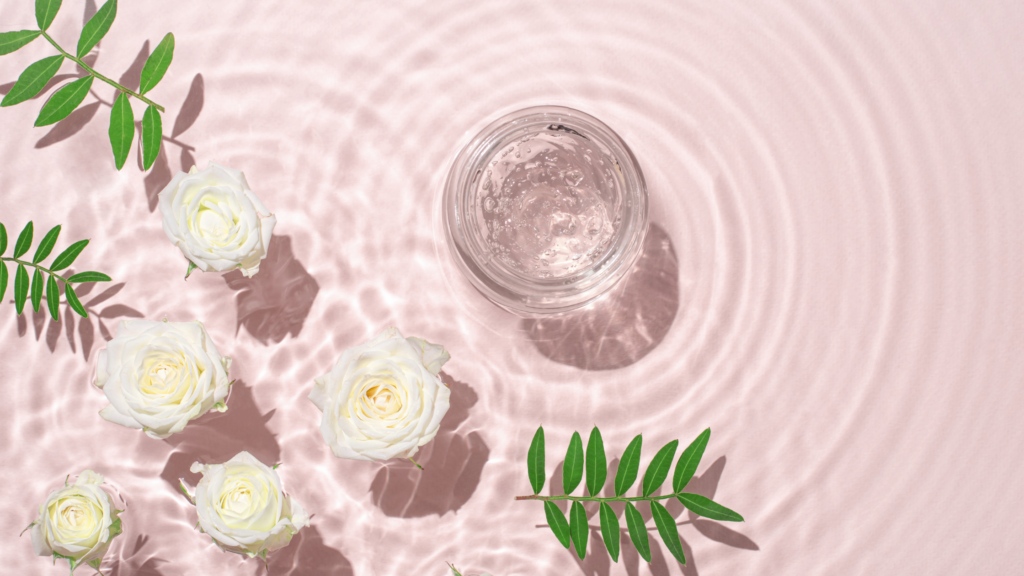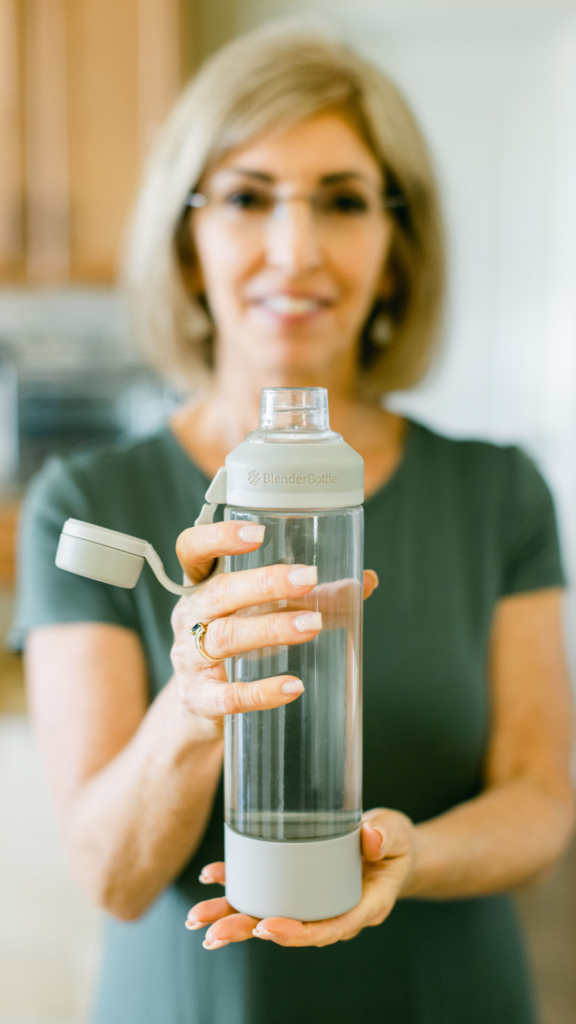Hello, everyone! Today, I want to dive into a topic that might surprise you – the relationship between hydration and sleep. While most of us focus on the obvious factors that support better rest, like winding down at night, managing stress, or sticking to a consistent bedtime routine, hydration often flies under the radar. However, your hydration levels can actually play a major role in the quality of your sleep! Let’s explore why staying hydrated matters for restful nights, how dehydration might be disrupting your sleep, and some tips on staying hydrated without waking up for those late-night bathroom trips.
How Hydration Affects Your Sleep
Water does so much more than just quenching our thirst – it regulates our body temperature, lubricates joints, aids digestion, and keeps cells functioning. During sleep, our bodies are still hard at work healing, restoring, and maintaining balance. Hydration plays a key role here, helping these essential processes run smoothly even while we’re resting.
When we’re hydrated, our body is better equipped to regulate its temperature, produce hormones (like melatonin), and support brain and muscle functions. This helps us reach deep, restorative sleep stages, so we wake up feeling refreshed and energized.
Dehydration and Its Impact on Sleep Quality
Let’s talk about what happens when we’re not hydrated enough. Dehydration can create a domino effect of issues that may lead to restless nights. If you’re dehydrated, you might experience dry mouth, nasal dryness, or even muscle cramps – all things that can wake you up in the middle of the night. Not to mention, dehydration can cause headaches and brain fog, leaving you feeling anything but refreshed the next morning.
In addition, dehydration affects our production of melatonin, a hormone that helps regulate our sleep-wake cycle. When we’re low on fluids, our body may not produce melatonin efficiently, potentially disrupting our natural sleep pattern and leading to more wakefulness.

Hydration and Sleep: What Science Reveals
1. Water Supports Brain Function During Sleep
During sleep, our brain is active in processes like memory consolidation and detoxification. Hydration supports these functions by ensuring that the brain has the necessary fluid to perform effectively. Research shows that dehydration can affect cognitive performance and mood, leading to a groggy or foggy feeling the next morning.
Source: National Library of Medicine
2. Hydration Helps Maintain Sleep Cycles
Hydration is essential for regulating body temperature, which plays a crucial role in sleep. When you’re dehydrated, your body struggles to regulate temperature, potentially leading to restless sleep or frequent awakenings. Proper hydration helps maintain a stable temperature, supporting deeper, more restorative sleep.
Source: USGS
Finding the Right Hydration Balance
While hydration is essential, too much water right before bed can mean extra trips to the bathroom at night. The key is finding a balance, so you’re well-hydrated without interrupting your sleep.
Here are a few hydration tips to keep in mind:
- Sip steadily throughout the day. If you’re constantly playing “catch-up” with water in the evening, you might be drinking a lot close to bedtime, which can interrupt sleep.
- Avoid large amounts of water 1-2 hours before bed. Give your body time to process liquids so you’re not waking up multiple times at night.
- Watch your caffeine and alcohol intake. Both of these can act as diuretics, leading to dehydration and interfering with sleep quality. If you’re reaching for a warm drink in the evening, try an herbal tea without caffeine.
- Add water-rich foods to your diet. Foods like cucumber, watermelon, and oranges contain water, and they won’t overload your system if eaten in moderation in the evening.
Nighttime Hydration Tips for Better Sleep
For those of you who find yourselves waking up thirsty, here are a few more tips to support hydration through the night:
- Keep a glass of water beside your bed. Sometimes just knowing you have water within reach can help you relax and avoid overloading on liquids before bed.
- Balance electrolytes. For some people, an electrolyte drink earlier in the day can help maintain hydration levels without overloading on plain water.
- Stay mindful of dry air in your environment. If you’re using heating or air conditioning, these can dry out the air and may leave you feeling more dehydrated. Consider using a humidifier, especially during colder months when heating systems tend to dry out indoor air.

Beverages to Avoid Before Bed
To stay hydrated without disrupting sleep, watch out for certain drinks in the evening:
- Caffeinated Drinks
Coffee, tea, and soda contain caffeine, which can stay in your system for hours, disrupting deep sleep. Opt for caffeine-free herbal teas like chamomile instead. - Alcohol
While it might make you drowsy, alcohol disrupts sleep cycles and acts as a diuretic, leading to frequent bathroom trips and lighter sleep. - Sugary Drinks
Drinks high in sugar, like juice or soda, cause energy spikes and crashes that interfere with sleep quality. A small piece of fruit can be a better choice. - Carbonated Drinks
Carbonation can cause bloating and stomach discomfort, interrupting sleep. Try still water with a slice of lemon or cucumber. - Diuretic Herbal Teas
Teas like dandelion and nettle act as diuretics. Instead, choose calming, non-diuretic options like chamomile or lavender.
Choosing gentle, non-stimulating beverages can help you stay hydrated while supporting a peaceful night’s sleep.
Hydration and Sleep Across Different Life Stages
Our bodies experience shifts in hydration needs at various life stages, which can influence sleep quality. Women, in particular, may notice these changes more acutely due to unique hormonal fluctuations over time. Here’s how hydration and sleep intersect in each phase of life and what adjustments may help.
Young Adulthood
In young adulthood, energy levels are often high, and the body’s natural ability to regulate hydration is generally efficient. However, high activity levels, especially for those leading active lifestyles or involved in sports, can increase hydration needs. Consistent hydration can help support sustained energy throughout the day and facilitate better sleep at night, as dehydration can lead to difficulty falling asleep and staying asleep. Young adults can benefit from tracking water intake to ensure they meet the daily recommended levels, especially if they consume dehydrating substances like caffeine or alcohol.
Pregnancy and Postpartum
Pregnancy and the postpartum period bring significant hormonal shifts that can alter hydration needs. Blood volume increases dramatically, leading to an elevated need for fluids. Proper hydration during pregnancy aids in reducing cramps, swelling, and fatigue, which are common discomforts that can affect sleep. Additionally, staying hydrated can assist with milk production and recovery in the postpartum period, both of which are essential for managing fatigue and restoring energy levels. Gentle hydration, focusing on sipping water throughout the day, can prevent the nighttime discomfort of waking for bathroom trips, supporting more restful sleep.
Menopause and Beyond
During menopause, hormone levels—particularly estrogen—fluctuate, affecting the body’s ability to retain water. Many women report experiencing hot flashes and night sweats, both of which can lead to increased water loss and impact sleep quality. Staying hydrated throughout the day is crucial for reducing these discomforts. Small, frequent sips of water can help maintain hydration without overloading the kidneys, potentially reducing sleep disruptions. Electrolyte-infused water may also support hydration, especially if you find that night sweats or hot flashes leave you feeling depleted. As a woman ages, sensitivity to dehydration increases, making hydration essential for cognitive function, which is often tied to sleep quality.
Older Adulthood
As we age, our body’s sensation of thirst naturally decreases, which can lead to chronic dehydration without us realizing it. Older adults are also at greater risk of conditions like kidney issues and dry skin, which can both be alleviated by proper hydration. However, excessive water intake close to bedtime can disrupt sleep with frequent trips to the bathroom. Aim to drink more during the earlier parts of the day, tapering off in the evening. Adding hydrating foods, like water-rich fruits and vegetables, can provide added benefits without causing too much fluid intake at once, aiding in a sounder night’s sleep.
Final Thoughts…

Hydration and sleep are more closely connected than most realize; each one supports the other, promoting overall wellness, energy, and stress management. By maintaining a steady hydration routine throughout the day, you create the foundation for more restful, restorative sleep at night, allowing your body to function optimally and helping you feel more refreshed.
Finding a hydration rhythm that suits your lifestyle and needs is key, especially if you’re active or experiencing hormonal changes. Good hydration supports brain health, mood, and digestion, all essential for quality rest, allowing your body to focus on important restorative processes so you wake up refreshed and ready for the day.
Stay hydrated, sleep well, and as always, feel free to reach out if you have any questions about your wellness journey!
With love and wellness,

P.S. Share your favorite tips for staying hydrated in the comments!
FAQs about Hydration and Sleep:
Yes, hydration plays a significant role in sleep quality. Proper hydration supports essential body functions that aid in restful sleep, such as temperature regulation, circulation, and muscle relaxation. Dehydration, on the other hand, can lead to issues like dry mouth, headaches, or muscle cramps, which can make it harder to fall or stay asleep. By staying consistently hydrated throughout the day, you can set the stage for more comfortable, uninterrupted sleep.
Yes, electrolytes can help with sleep, especially if you experience muscle cramps or nighttime dehydration. Electrolytes like magnesium, potassium, and calcium support muscle relaxation and may reduce cramping, which can enhance sleep quality. If you find that hydration alone isn’t enough, adding a small amount of electrolyte-rich water or a supplement earlier in the evening may support better rest.
Being hydrated can improve comfort and relaxation in bed, contributing to better sleep. Hydration supports blood circulation, muscle function, and overall relaxation, which can make it easier to settle in and sleep deeply. Additionally, good hydration can reduce the likelihood of waking up due to discomforts like dry mouth, headaches, or muscle cramps, allowing for more uninterrupted rest.
To stay hydrated overnight, focus on drinking water consistently throughout the day rather than close to bedtime. If you need a small drink before bed, take just a few sips to avoid frequent bathroom trips. You can also keep a glass of water nearby in case you wake up thirsty. Adding water-rich foods, like fruits and vegetables, to your diet throughout the day can help maintain hydration levels and reduce the need for late-night drinks.
+ show Comments
- Hide Comments
add a comment